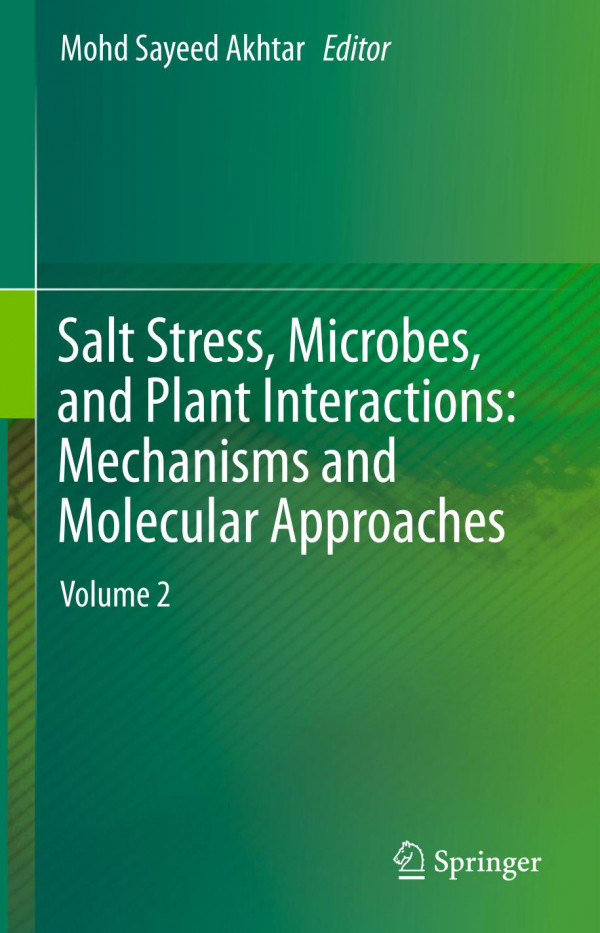

Most ebook files are in PDF format, so you can easily read them using various software such as Foxit Reader or directly on the Google Chrome browser.
Some ebook files are released by publishers in other formats such as .awz, .mobi, .epub, .fb2, etc. You may need to install specific software to read these formats on mobile/PC, such as Calibre.
Please read the tutorial at this link: https://ebookbell.com/faq
We offer FREE conversion to the popular formats you request; however, this may take some time. Therefore, right after payment, please email us, and we will try to provide the service as quickly as possible.
For some exceptional file formats or broken links (if any), please refrain from opening any disputes. Instead, email us first, and we will try to assist within a maximum of 6 hours.
EbookBell Team

4.1
20 reviewsThis book offers an overview of salt stress, which has a devastating effect on the yields of various agricultural crops around the globe. Excessive salts in soil reduce the availability of water, inhibit metabolic processes, and affect nutrient composition, osmotic balance, and hydraulic conductivity. Plants have developed a number of tolerance mechanisms, such as various compatible solutes, polyamines, reactive oxygen species and antioxidant defense mechanisms, ion transport and compartmentalization of injurious ions. The exploitation of genetic variation, use of plant hormones, mineral nutrients, soil microbe interactions, and other mechanical practices are of prime importance in agriculture, and as such have been the subject of multidisciplinary research.
Covering both theoretical and practical aspects, the book provides essential physiological, ecological, biochemical, environmental and molecular information as well as perspectives for future research. It is a valuable resource for students, teachers and researchers and anyone interested in agronomy, ecology, stress physiology, environmental science, crop science and molecular biology.